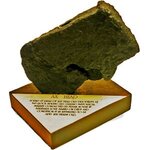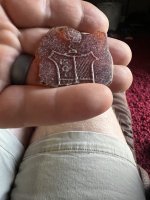ScribbleMuse
Jr. Member
- Jul 12, 2012
- 44
- 25
- Detector(s) used
- Bounty Hunter - Lone Star
- Primary Interest:
- All Treasure Hunting
I found this in a local creek yesterday. I'm thinking it's probably from the tons of logging done around the area and will be going back to the same area tomorrow to see if there are any other finds around, but it started storming as I found this one and so I figured I should head back out of the wild.
I'm happy enough to find an ax head as my first non-drink tab/can/melted-lead-thingee, and would probably just keep it as-is without too much problem, but if it CAN perhaps be restored to a better appearance, I also don't mind doing the elbow work. This has been soaking overnight in apple cider vinegar as suggested on the boards here, and while I know it'll take much more time in soaks and scrubs, I'm not sure if there will be anything even LEFT under the rust?
This has been soaking overnight in apple cider vinegar as suggested on the boards here, and while I know it'll take much more time in soaks and scrubs, I'm not sure if there will be anything even LEFT under the rust?
Thanks for looking and any advice!
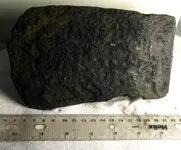
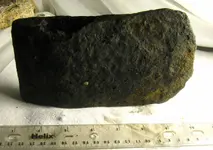
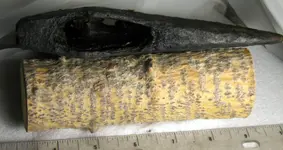
I'm happy enough to find an ax head as my first non-drink tab/can/melted-lead-thingee, and would probably just keep it as-is without too much problem, but if it CAN perhaps be restored to a better appearance, I also don't mind doing the elbow work.
 This has been soaking overnight in apple cider vinegar as suggested on the boards here, and while I know it'll take much more time in soaks and scrubs, I'm not sure if there will be anything even LEFT under the rust?
This has been soaking overnight in apple cider vinegar as suggested on the boards here, and while I know it'll take much more time in soaks and scrubs, I'm not sure if there will be anything even LEFT under the rust? Thanks for looking and any advice!






